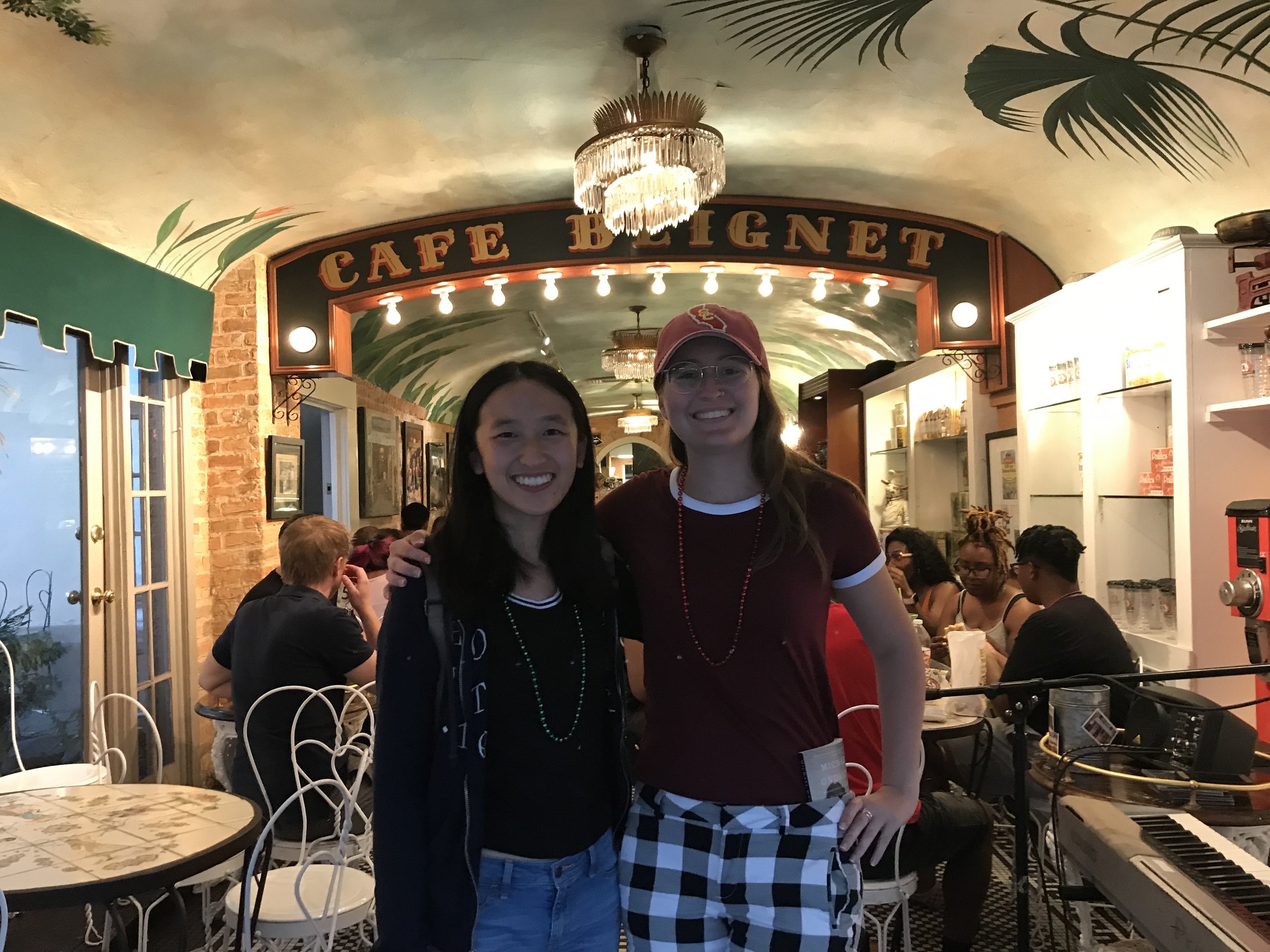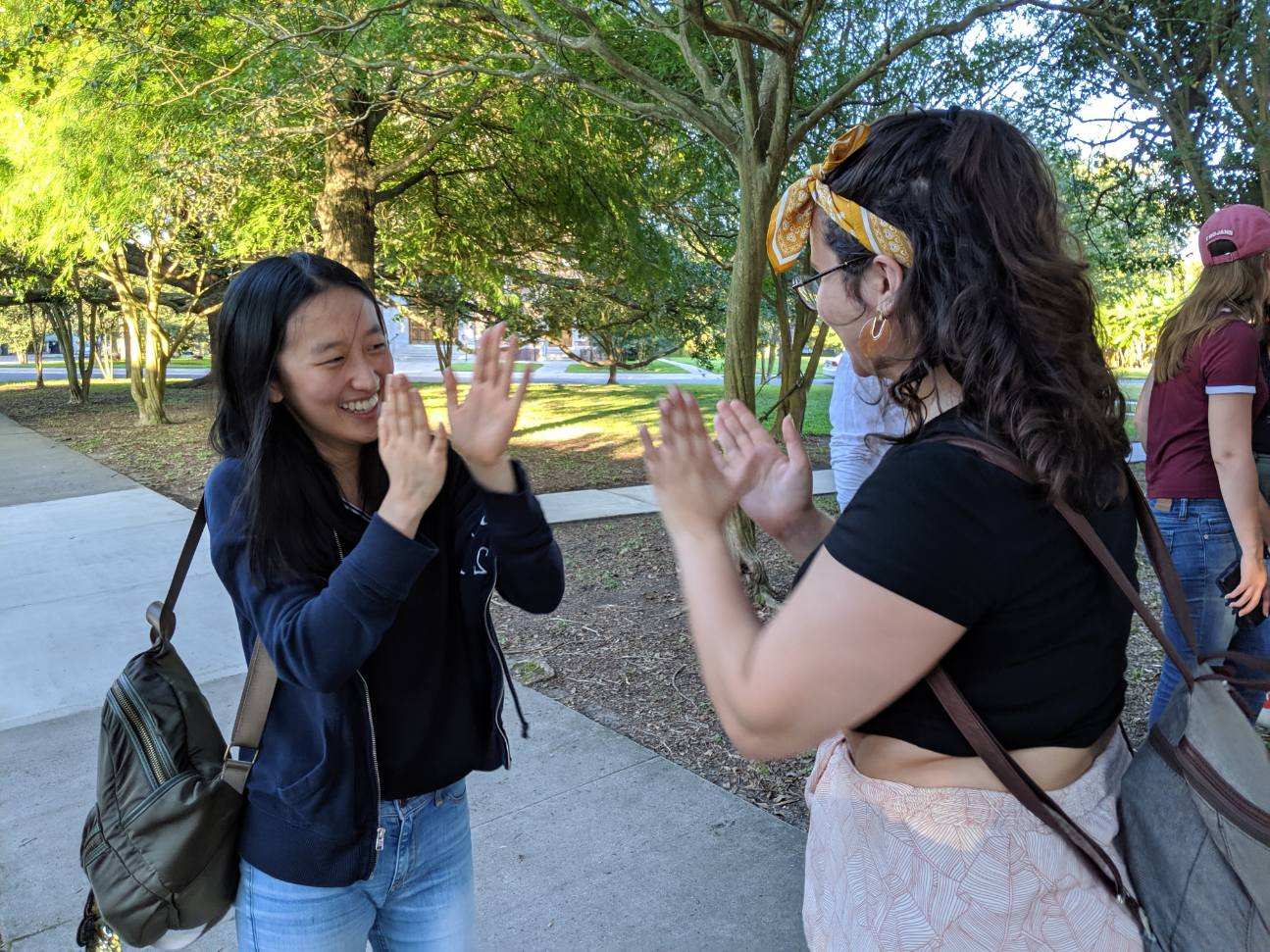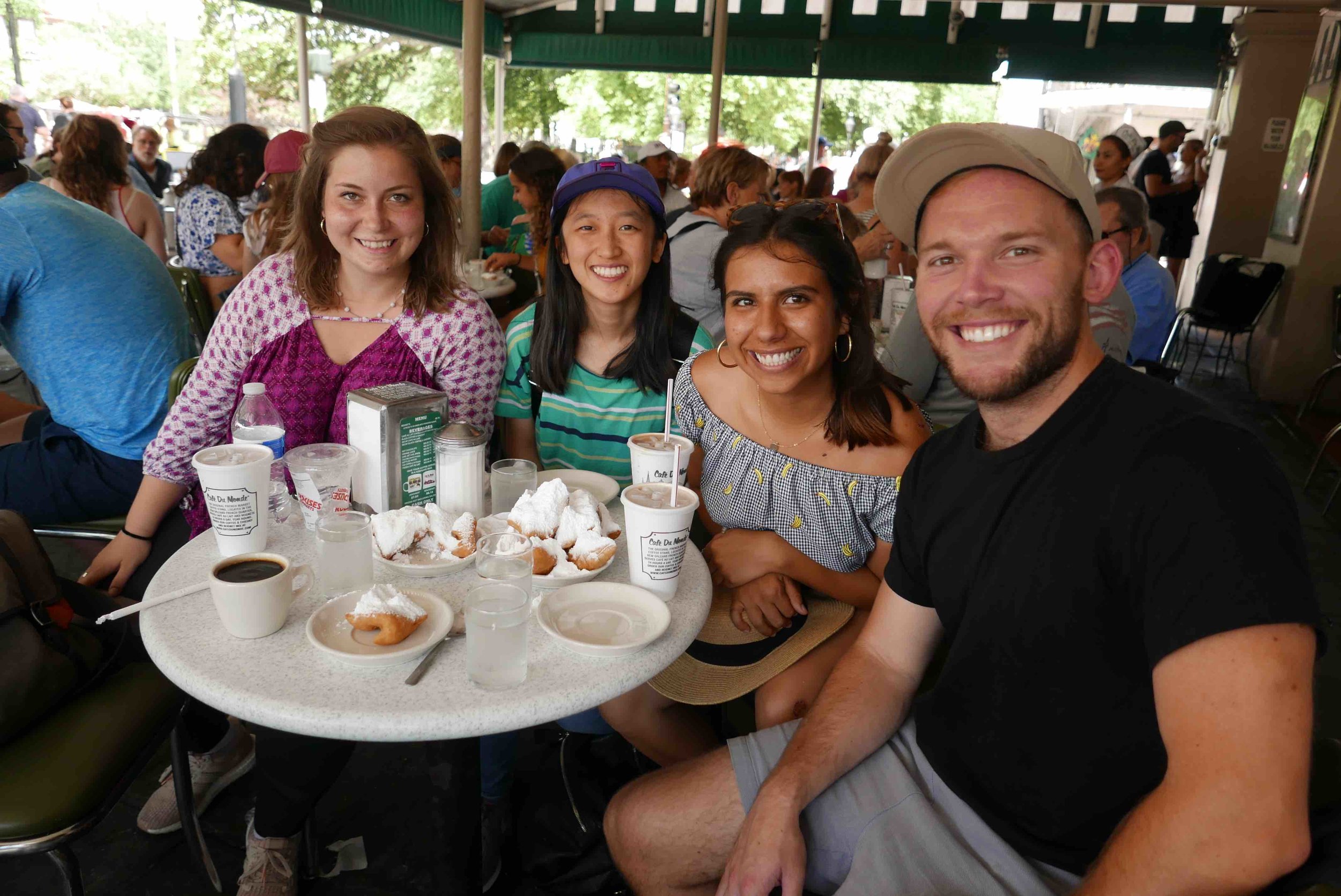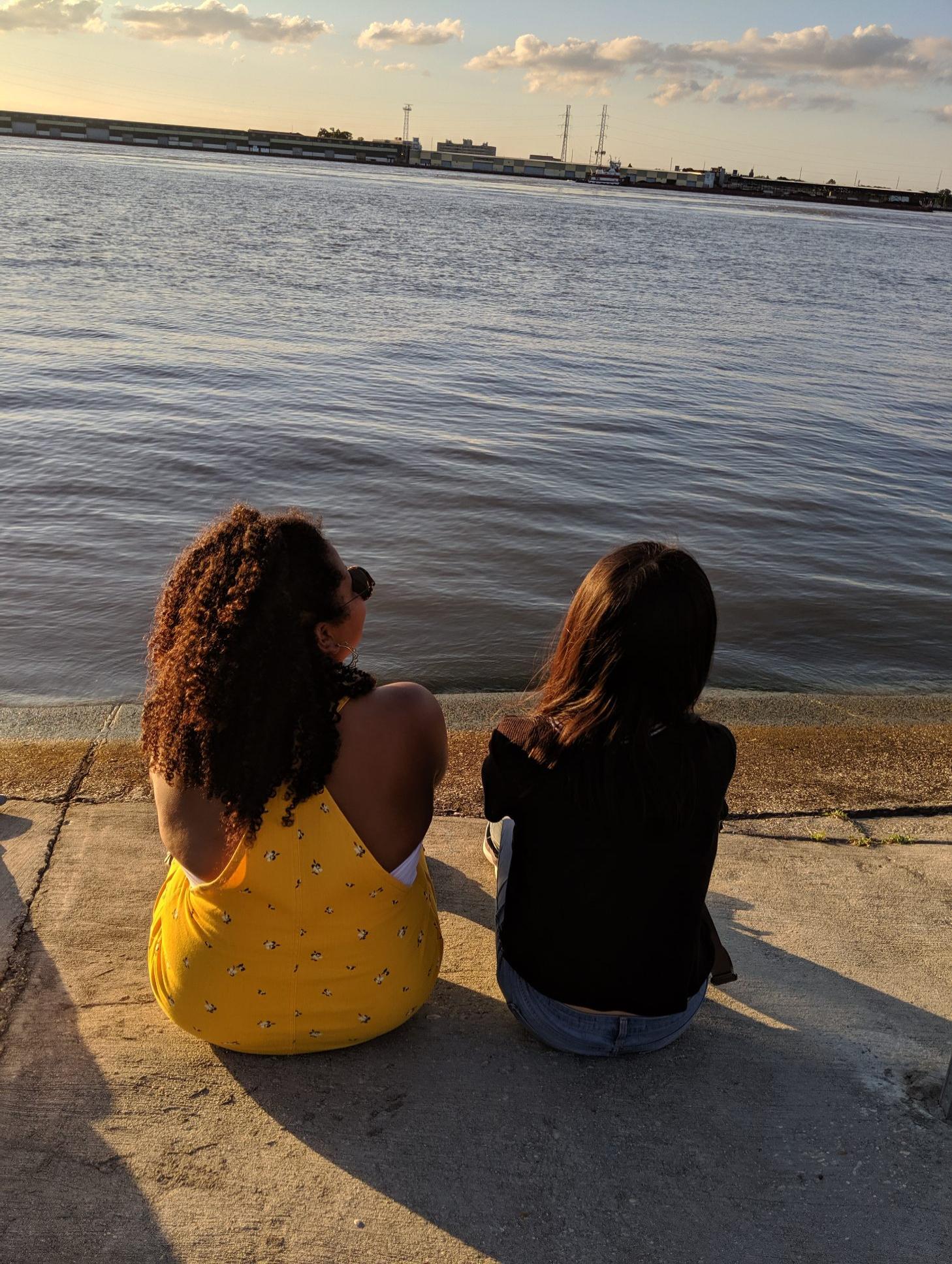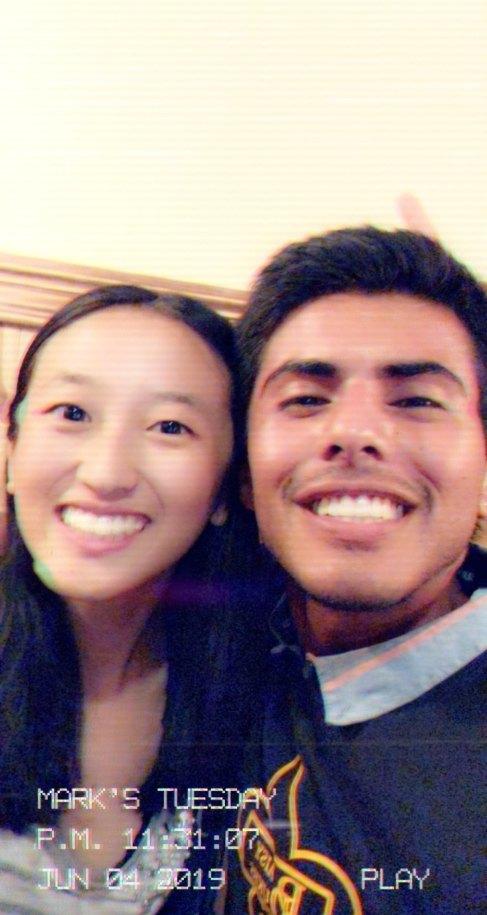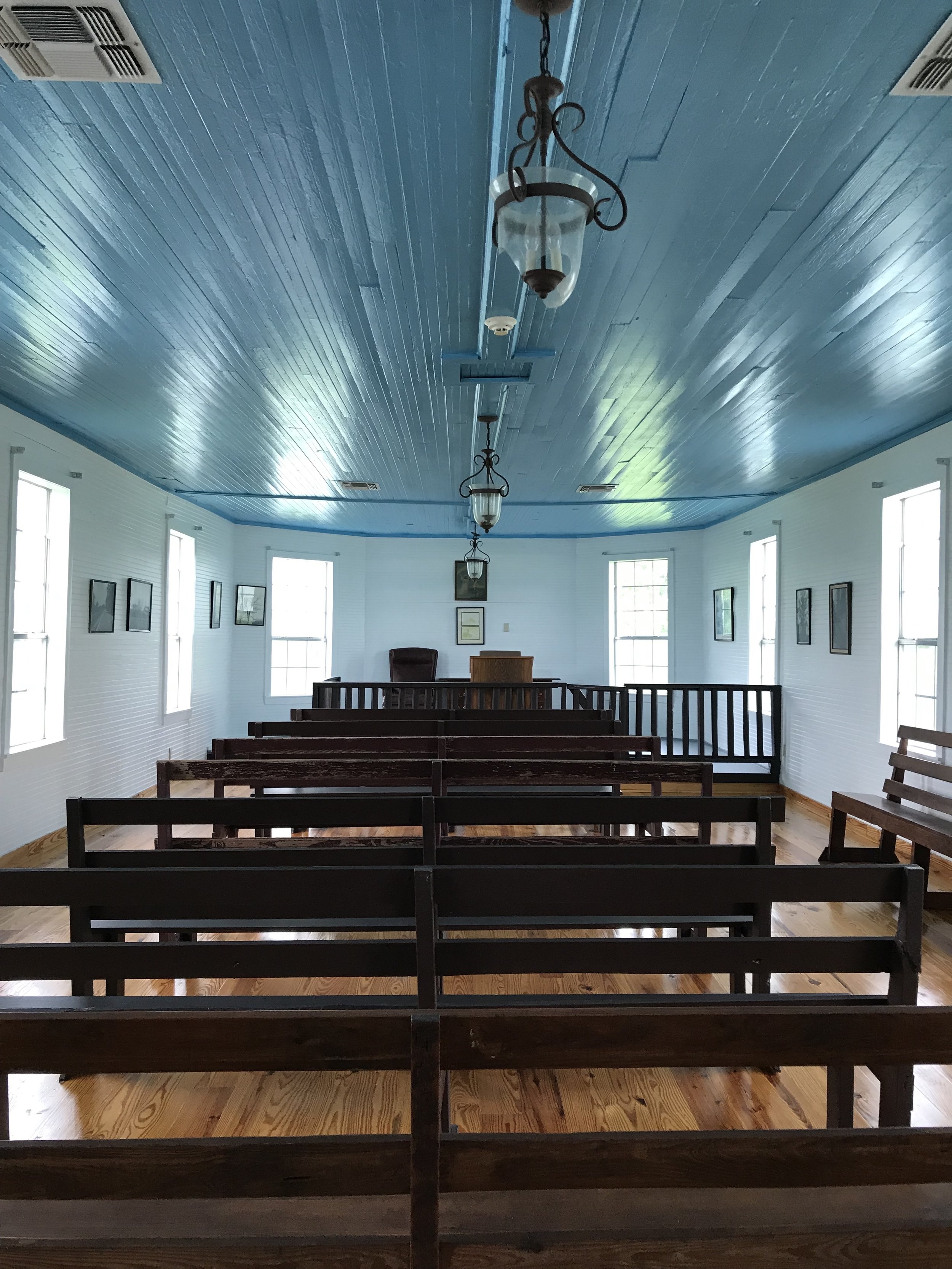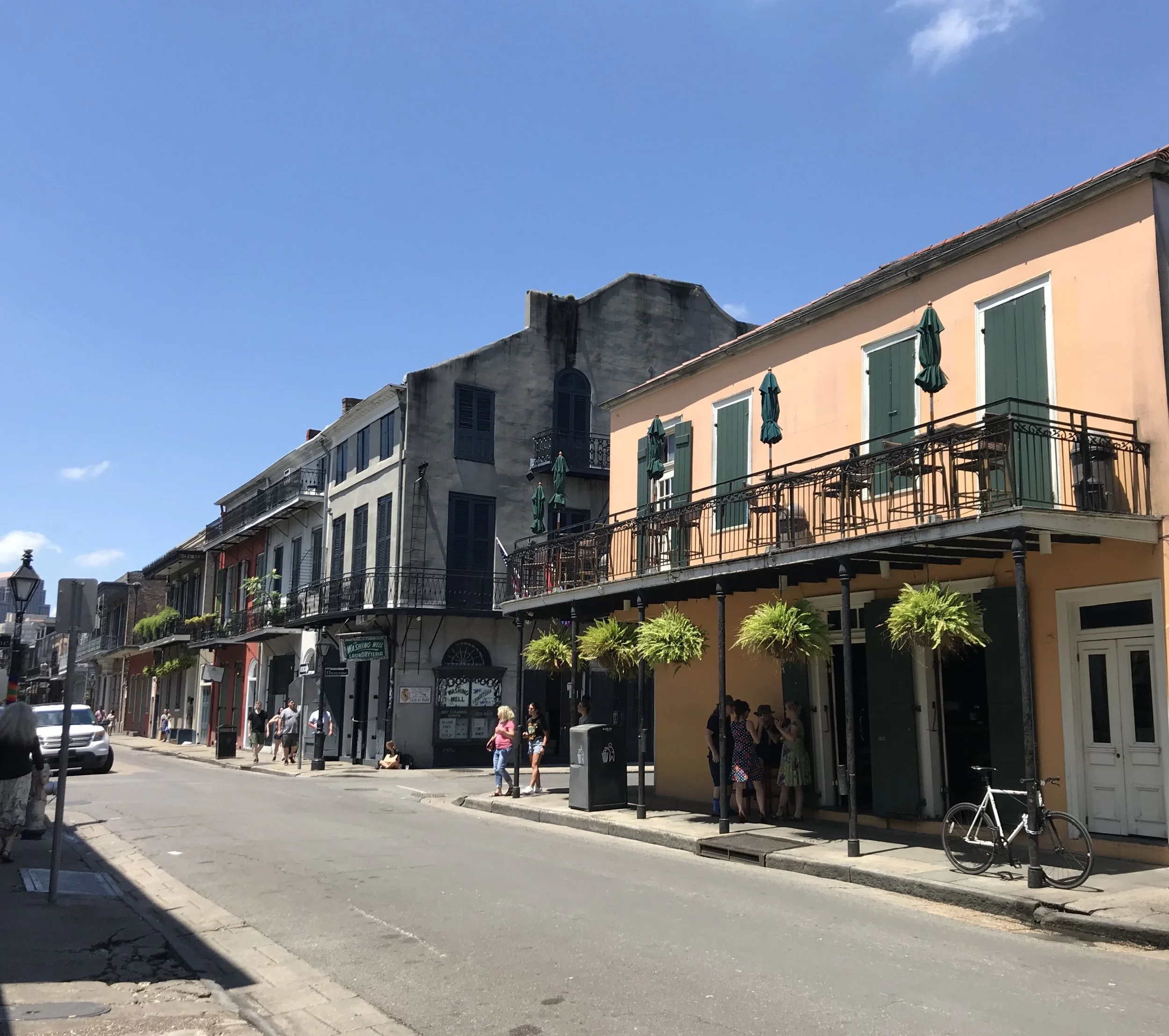Twenty-six days, thirteen people, four cities, one giant adventure. I am lost for words; I don’t know if it is possible to describe how incredible this trip was.
Travelling to Grand Isle, New Orleans, Baton Rouge, and Lafayette wasn’t just about going to different sightseeing places and taking pictures. It was about picking up bits of history from the different landmarks, talking to strangers with drastically different upbringings, listening to Cajun musicians improvise on their mandolins, and running around for the best beignets in town. I appreciate the way we unpacked the culture of each city bit by bit, as if unwrapping the layers of a gift box. During the first week, for instance, we skimmed the historical background of New Orleans; now, I see that no matter how different the place is from my hometown, the same themes emerge out of every story in any place: community, love, and empathy. Every city is different but similar at the same time.
I appreciate how liberating this experience was. Strolling on your own in the busy streets of a foreign city can be terrifying, but I found it refreshing. Just like the meandering tourists, I felt I finally had space to explore my own messy web of thoughts on paper. No wonder why so many authors wrote their novels here; the streets take you in so many directions that you feel like fresh ideas are everywhere, left and right. It’s a little overwhelming at times, but you also realize how much freedom you have to do whatever the heck you want to try. I hope I can find the same kind of independence back home.
Most of all, this trip was about the people. It’s funny how we were all strangers just a few weeks ago. In these three weeks, we have become vulnerable with each other through shared moments. I will fondly remember the midnight pizza runs, horror movie nights when we would all hide under the covers, strolls by the bayou when we tried to perfect our Southern accents, and last-minute stops at Raising Cane’s to satiate our persistent hunger for chicken fingers. This group of Bookpackers has reminded me to truly listen and connect. We all have sorrows that run painfully deep, but we also build resilience when we share our stories with each other. I come back to Los Angeles rejuvenated by the people I have met, inspired by their boldness and compassion.
Thank you all for this profound experience. I would not have wanted it any other way.
